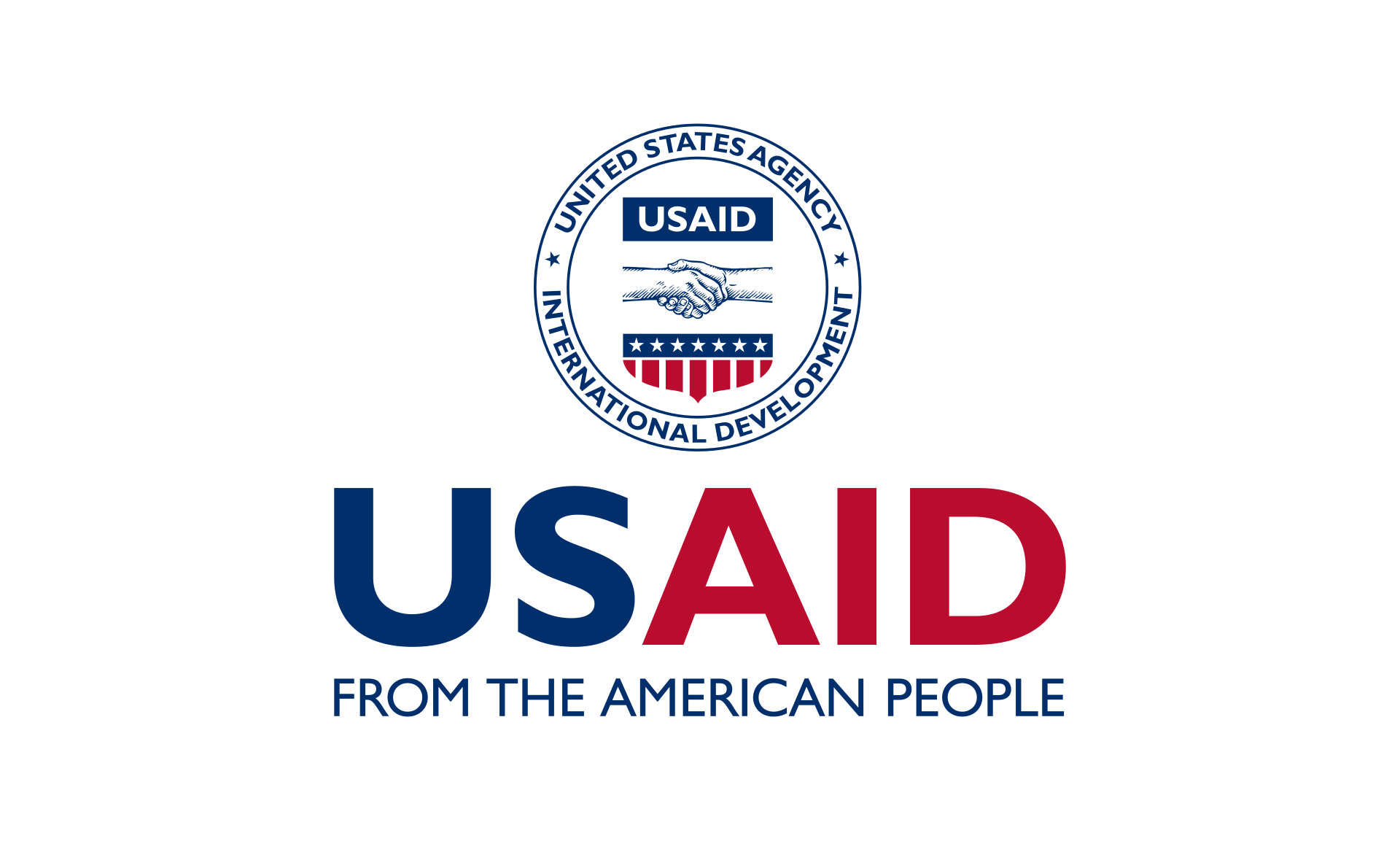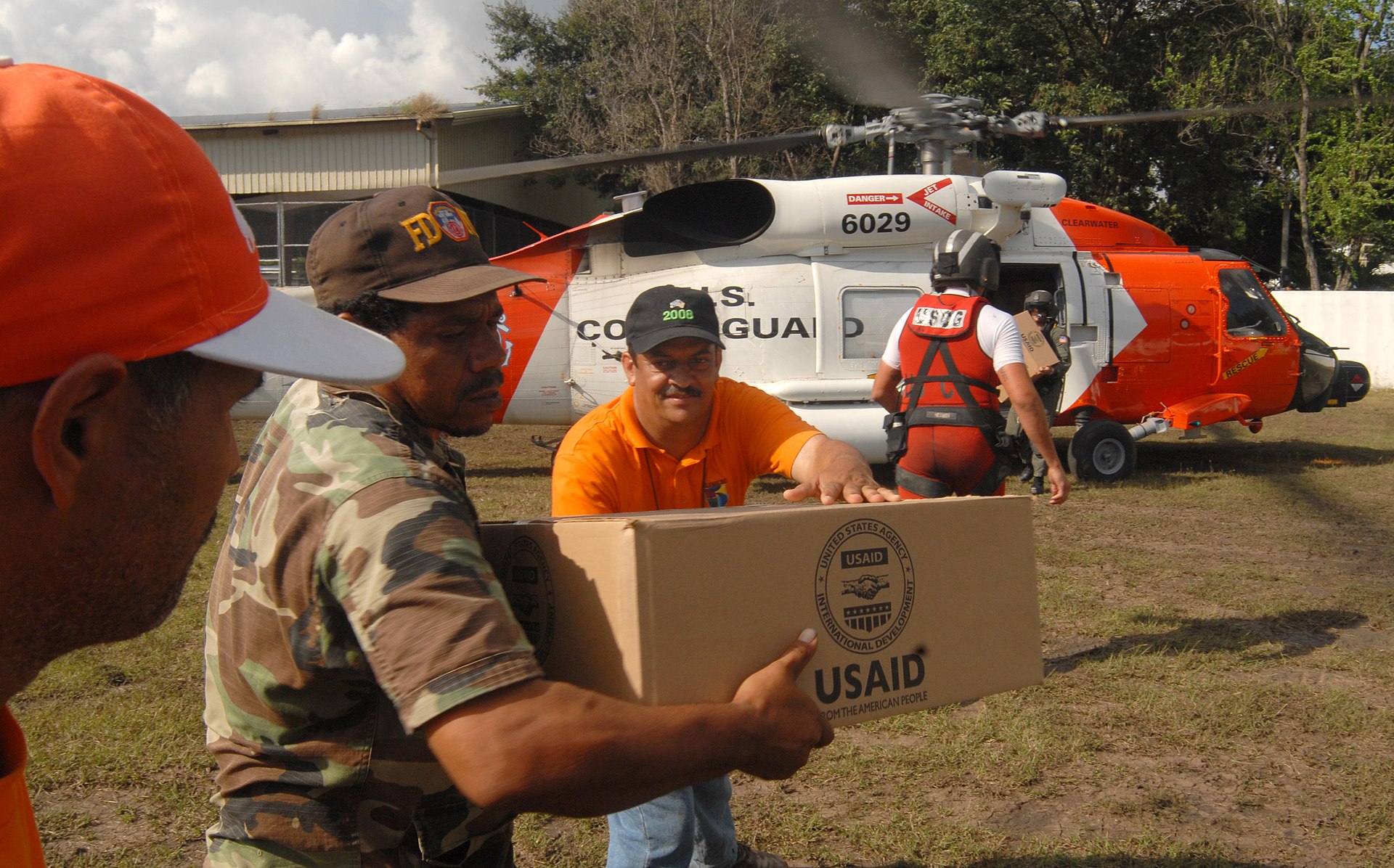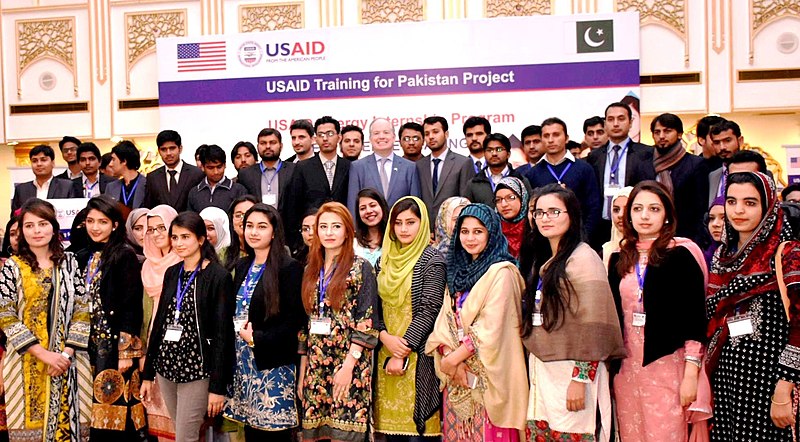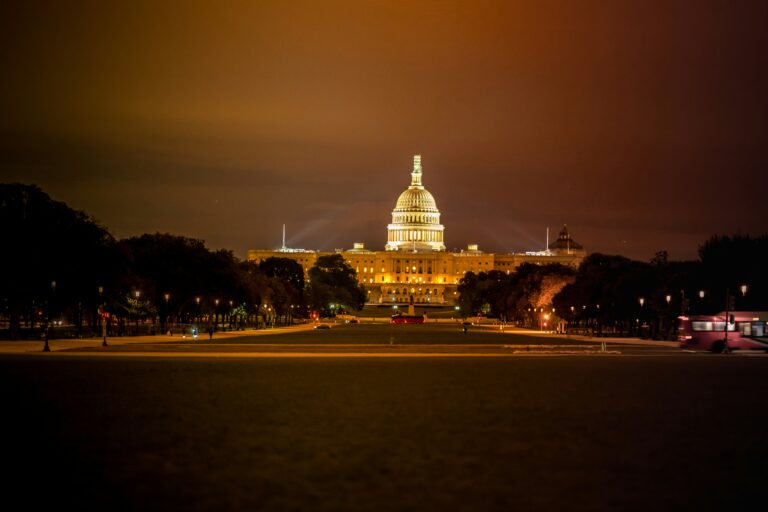
USAID Funding Freeze Impact: Trump Cuts International Aid
The Trump Administration signed an executive order, triggering a USAid funding freeze that has disrupted global humanitarian aid efforts, with the majority of staff put on leave and the future of the organisation unknown. This has caused devastation to the thousands of organisations reliant upon this funding, with disruption to vital sexual and reproductive healthcare services.
The USAID Funding Freeze: What Happened and What’s Next?
The United States Agency for International Development (USAID) has been the world’s largest single donor funding humanitarian aid programmes worldwide. It operates in more than 60 countries and funds multiple grassroots organisations. USAID was responsible for the world’s gold-standard famine detection system and was one of the largest funders of global health programmes, such as polio vaccinations.
President Trump has signed an executive order which froze funding for USAID, pending a 90-day review. Following this, a memo was issued by the State Department for USAID-funded on-the-ground projects to stop work. This meant that vital programmes including providing vaccinations to the world’s poorest communities and installing clean water and food supplies had to stop overnight.

A waiver was later issued for humanitarian programmes, but the results of this order have nevertheless caused widespread disruption and chaos in international development programmes working in some of the world’s most at-risk areas.
Future unknown
There has been some rapidly concerning developments regarding the future of the organisation. The USAID website has since gone offline, and employees have been put on leave.
The future of USAID is unknown. The Trump Administration has been highly critical of the organisation and suggested potentially shutting it down or absorbing USAID into the State Department.
Given the US was previously responsible for the largest single share of international development and humanitarian funding, in the increasing likelihood that the USAID budget is cut down or removed entirely, then this will have a devastating impact on all the programs reliant upon USAID funding worldwide.
This marks a turning point in the US’s reputation as a reliable donor for international development, with lasting repercussions for decades.
Women and Girls Most at Risk
USAID funding was critical to the work of the United Nations Population Fund (UNFPA) and its work around population and development, funding sexual and reproductive healthcare programs. Previous Empower to Plan partners such as PFPI based in the Philippines predominantly relied upon USAID funding for their work.
USAID was the world’s largest donor of family planning assistance; the agency’s family planning and reproductive health programme budget in 2023 was $607.5 million.
Pio Smith, the UNFPA Regional Director for Asia and the Pacific, warned that between 2025 and 2028 in Afghanistan, the absence of US support will likely result in 1,200 additional maternal deaths and 109,000 additional unintended pregnancies. He also stated that in response to the executive order, the organisation has, “suspended services funded by US grants that provide a lifeline for women and girls in crises, including in South Asia.”

USAID training for Pakistan Project
Mr Smith emphasised in his statement in response to the executive order that this will have a devastating impact across the entire region.
Millions will be affected
In Pakistan, he warns that the US announcement will affect 1.7 million people, including 1.2 million Afghan refugees, who will be cut off from lifesaving sexual and reproductive health services, with the closure of over 60 health facilities.
In Bangladesh, nearly 600,000 people, including Rohingya refugees, face losing access to critical maternal and reproductive health services.
Mr. Smith emphasised the immediate impact on vulnerable women and girls in the world’s poorest settings:
Women give birth alone in unsanitary conditions; the risk of obstetric fistula is heightened, newborns die from preventable causes; survivors of gender-based violence have nowhere to turn for medical or psychological support.”
Alongside the implementation of the Global Gag Rule by the Trump Administration, this will have a devastating impact on millions of women and girls with their access to lifesaving sexual and reproductive healthcare restricted.
This is not about statistics. This is about real lives. These are literally the world’s most vulnerable people.”
Pio Smith, UNFPA Regional Director for Asia and the Pacific.


